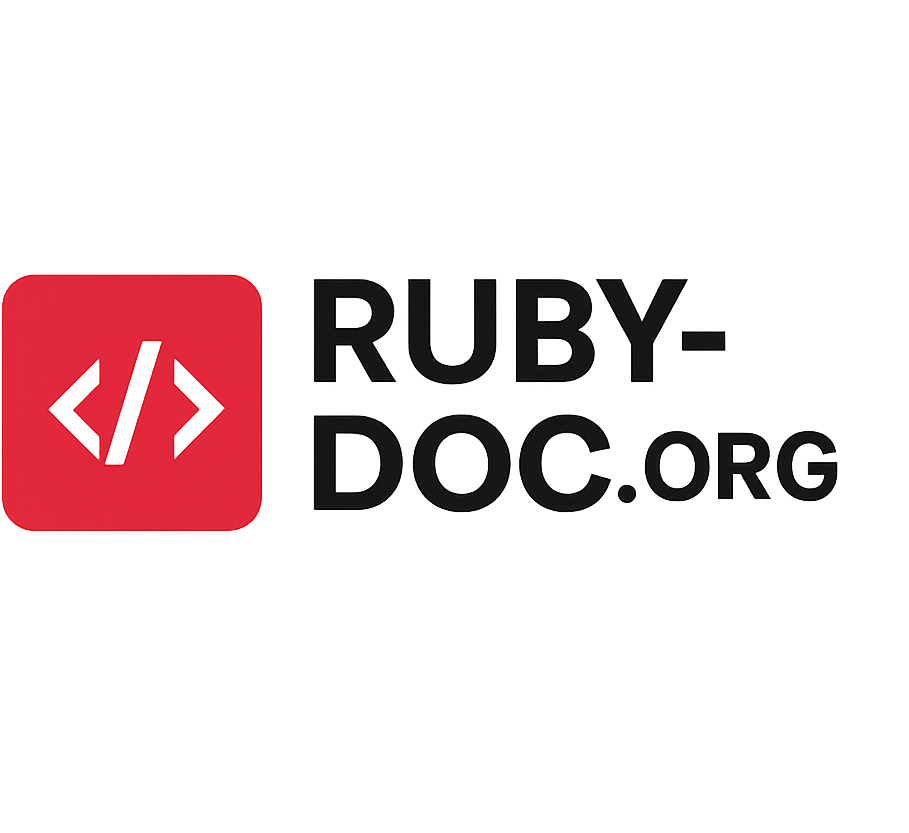For many years now, people have had this belief: installing a good antivirus makes you entirely safe from any cyber threats. It felt good, like when you lock your front door at night before sleeping. But times have changed once the digital era rolled in. Now, hackers are very smart and quite inventive, too. Just breaking through the “front door” no longer satisfies them; they might even breach better secured entrances with their tricks climbing through windows, finding little cracks on walls, and getting you to open the ‘front door” for them.
Hacking is now an industry. Hackers exchange stolen credentials and malware kits in the dark web markets. Highly skilled criminals offer their ransomware tools to less-skilled criminals. With more organization comes more frequent, highly sophisticated, damaging attacks.
Beyond the Basics
Antivirus software on its own isn’t enough. It’s like locking a car with an open window: totally useless because it’s so easy to break into. Hackers can silently take control of your device with tools such as Remote Access Trojans (RATs). Thus, it’s essential to be able to recognize the threat and remove RAT malware and other dangerous programs. Knowing how to defend after infection is as important as prevention. The way one approaches cybersecurity as an ongoing skill rather than a one-time application will up your security game.
Why Hackers Are Winning the Quiet War
Modern hackers are not very noisy. They do not create immediate chaos, but rather keep calm while gathering information such as your data, recorded keystrokes or spied activity. Such an approach of “low and slow” makes them evasive. For instance, a RAT may run without any sound over a long period of time; thus the hackers will have an opportunity to use all your files, passwords and they can even turn on your webcamera. You might realize the problem too late to prevent damage.
Signs That Something Is Wrong
The problem is, modern threats don’t always announce themselves. But there are clues you can watch for:
- Your computer suddenly slows down or overheats.
- Unknown programs appear in your task manager.
- Strange pop-ups show up even when you’re offline.
- Your webcam light turns on by itself.
- Friends report receiving suspicious messages from your accounts.
The Role of Human Error
Human behavior is the main issue, with technology being a secondary factor. Clicking on a link without thinking, downloading a “free” program from a suspicious internet site, or ignoring security updates—these mistakes open the door to attackers. It is common knowledge that humans are less secure than machines. For this reason, they make use of a deceitful technique called phishing emails disguised as authentic messages from your bank, courier company, employer etc.
Layered Security Is the New Standard
Think of your digital security like protecting a castle. You don’t just have a wall; you also have guards, traps, and a watchtower. In the same way, you need multiple layers of defense:
- Antivirus to catch known threats.
- Firewall to block suspicious connections.
- Regular updates to patch vulnerabilities.
- Backup systems to recover lost data.
- Security awareness to avoid human mistakes.
The Shift Towards Active Defense
Passive protection – like just relying on the antivirus to react – is no longer sufficient. You need to be on the lookout for your systems and check for suspicious processes and have a response ready in case of infection. It’s like having a smoke alarm versus knowing how to use a fire extinguisher. They’re both important, but one entails action from you.
Education as a Weapon
Your best weapon is what you know when it comes to cyber security. One should learn how to identify phishing emails (advice here from FTC), how to check the authenticity of a website, and how to download something securely. With more information, any attacker will find it hard to trick you. Basic knowledge like monitoring the network activities of your device can show threats that antivirus programs might miss.
The Future of Digital Safety
With the rising level of technology, there will be rising cyber threats. In the future, hackers are predicted to use artificial intelligence to enhance their fraud while malware will mutate continuously in order not to be identified. However, individuals and organizations can outsmart this if they take the right measures now so that they remain several steps ahead, such as being careful, having a security system that is as advanced as possible, and being proactive.
Antivirus software will continue to play its part in dealing with these issues but currently it is not effective alone. In today’s world, one has to do much more than just defend well to survive in the digital space – one must also protect oneself at all costs.
